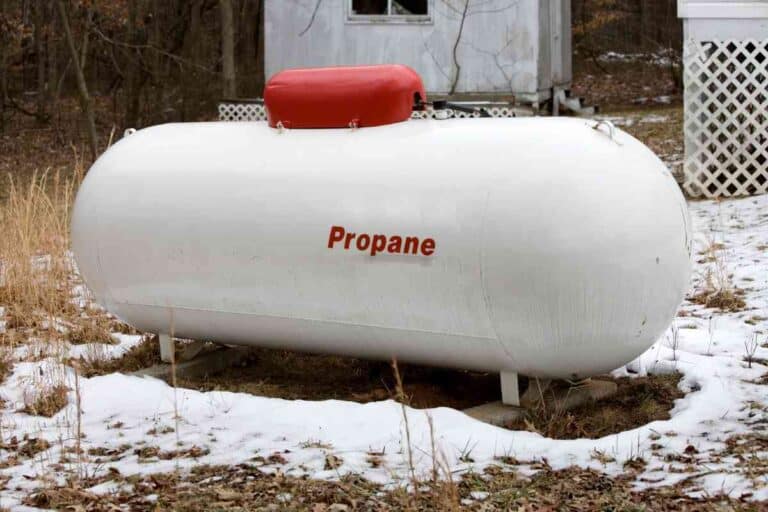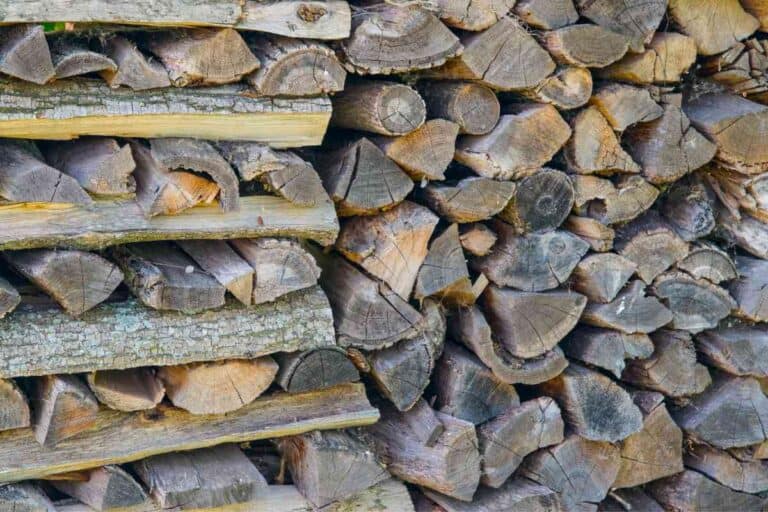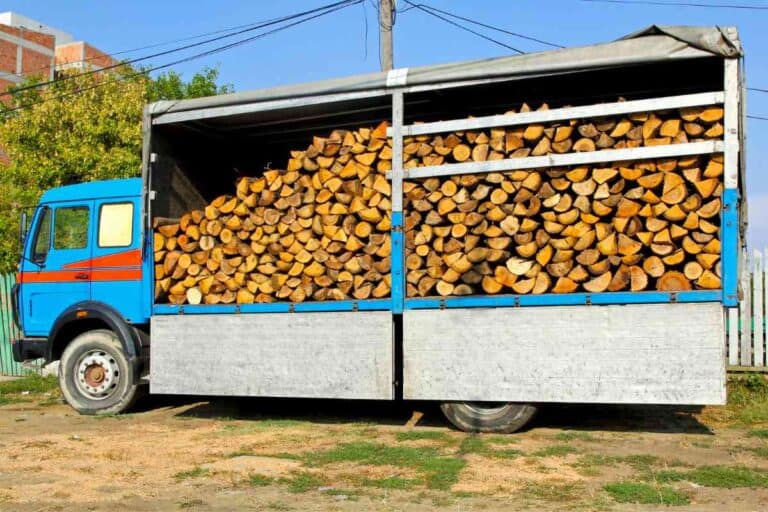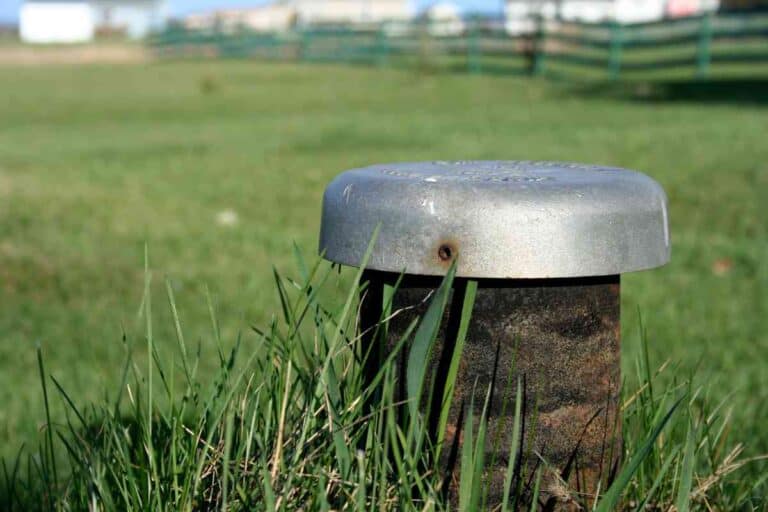How Much Money Can You Make Farming 1,000 Acres?
Farming can help you make a decent amount of money, especially if you have a lot of farmland. How much money can you make farming 1,000 acres? Farming is the process of growing crops or raising animals for food, fiber, and other products. It includes activities such as plowing, planting, harvesting, and caring for livestock. Farming requires a lot of hard work and dedication, but it can be a rewarding experience. Those who choose to farm often do so because they love the land and the creatures that live on it. They take pride in producing food that is nutritious and safe to eat. For many people, farming is more than just a job; it is a way of life.
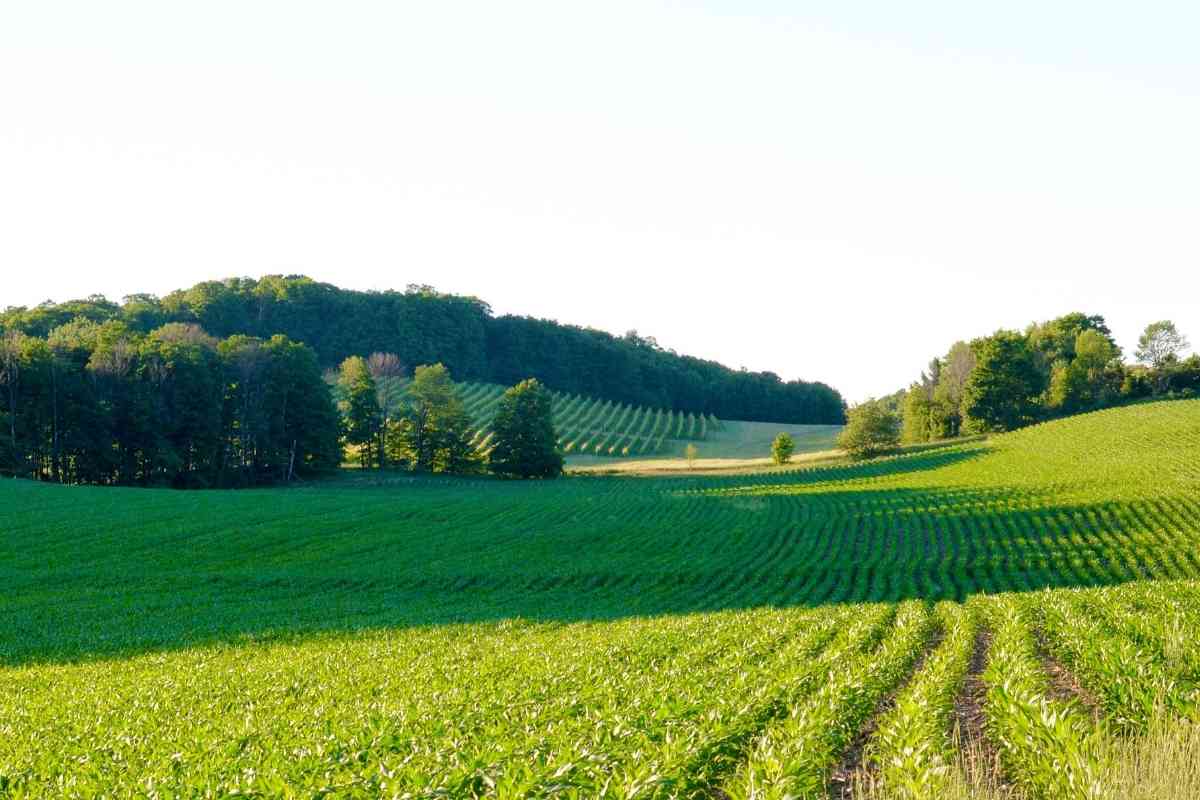
How much money can you make farming 100 acres of land?
A farmer with 1,000 acres could potentially make much more than $40,000 if they grow and sell high-value crops. These numbers are tentative. However, the $40,000 figure can be considered an average for a 1,000-acre farm.
Farming can be a very profitable job if done correctly. There are many things to consider when farming, such as the land, the climate, and the type of crop you wish to grow. If you have the proper land and climate for farming, then half the battle is already won. The next step would be to choose what type of crop you wish to grow.
Once you have decided on a crop, you must follow best farming practices. If all of these factors are taken into consideration, farming can be a very profitable job.
As experienced farmers, we know our way around farmland and how to make the most money out of it. As such, we’re in a great position to tell you how much money you can make farming 1,000 acres.
Editor’s Pick: Suggested Reading
Learn More: Start A Hunting Club or Invest in Hunting Land
How Much Money Can a Farmer Make Off a 1,000 Acres
Farming is a difficult and demanding profession. It requires long hours, back-breaking work, and a constant battle against the elements. However, for those who are willing to put in the effort, farming can be a very lucrative business. The average farmer has about 419 acres, but farm size can range in size from a few acres to several thousand.
According to the USDA, the average net income for farming operations was $120,725 in 2020. This means that, on average, farmers earned about $288 per acre. However, this figure can vary widely depending on the type of crop being grown, the farming region, and other factors.
For example, a farmer in the Midwest who grows corn may earn much less than a farmer in California who grows grapes. In general, though, it is possible for a farmer to earn a good living from farming 1,000 acres or more.
Which Are the Most Profitable Crops?
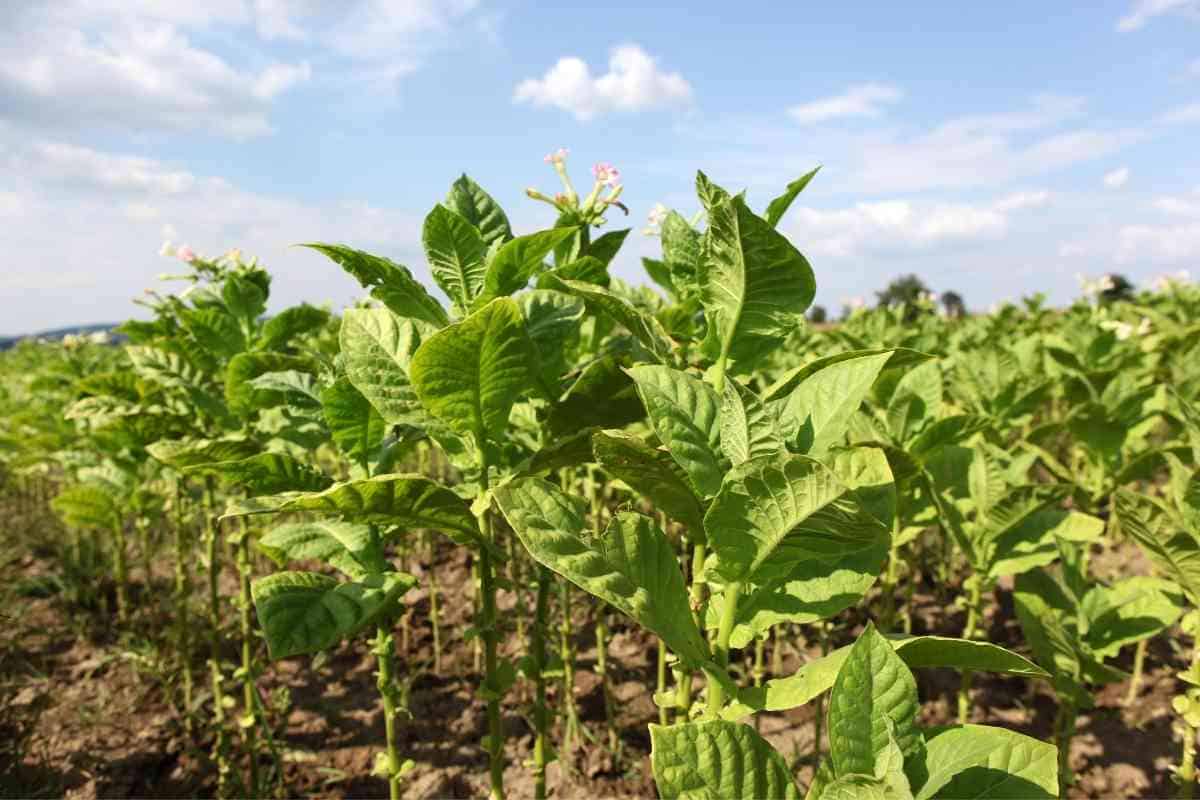
Tobacco and cotton are two of the most profitable crops in the United States. Tobacco is grown in 21 states and accounted for $8.2 billion in farm cash receipts in 2016. Cotton is grown in 17 states and generated $5.6 billion in farm cash receipts that same year.
While tobacco production has declined significantly over the past few decades, it remains a major source of income for farmers in tobacco-growing states.
On the other hand, cotton production has remained relatively stable and is expected to increase in the coming years. As a result, tobacco and cotton will likely remain among the most profitable crops in the United States for the foreseeable future. There’s very little money to be made on crops like grain or soybeans on this many acres.
How to Choose the Right Land for Farming
Farming in the United States is a complex and diverse undertaking. With so many different types of farmland available, it can be difficult to know where to start. However, there are a few key factors to consider when choosing the right land for farming. First, think about the climate.
Different crops thrive in different climates, so choosing farmland that matches the climate you’re looking for is important. Second, consider the soil type. Some plants do better in sandy soil, while others need loamy soil in order to grow.
Be sure to choose land that will support the type of crop you’re interested in farming. Finally, take into account the water supply. Farmland with access to a reliable water source is essential for successful farming. By keeping these factors in mind, you can be sure to choose the right land for your farming operation.
What Is the Right Weather for Farming
The United States is a large country with a diverse climate, which means that the weather conditions for farming can vary greatly depending on the region.
In general, farms in the southern and eastern states tend to have longer growing seasons, as the winters are generally milder. The Midwest is known for its hot summers and cold winters, which can be challenging for farmers.
The West Coast has a more moderate climate, which is ideal for crops like grapes and olives that require a cooler growing season. Ultimately, there is no one-size-fits-all answer to the question of what is the right weather for farming. Instead, it depends on the specific crops being grown and the geography of the farm.
Ways to Earn Profit Farming
Farming in the United States can be a profitable venture, but it requires a certain amount of knowledge and experience to be successful. There are a few different ways that farmers can earn a profit, and each has its own benefits and challenges.
One way to make money from farming is to sell products directly to consumers. This can be done through farmer’s markets, community-supported agriculture programs, or online sales. Farmers who sell directly to consumers often enjoy higher profits than those who sell through middlemen, but they also bear the brunt of marketing and customer service responsibilities.
Another way to make money from farming is to sell products to processors or retailers.
This generally requires less marketing and customer service effort, but it also typically results in lower profits. Finally, some farmers choose to lease their land to other farmers or ranchers. This can provide a steady income with relatively little effort, but it does not offer the potential for large profits.
Ultimately, there is no one perfect way to make money from farming. The best method for any given farmer will depend on factors like the size of the farm, the type of products produced, and the farmer’s personal preference.
Make Money Off The Land: Multiple Options To Consider
If you are thinking about buying land or you already own land. Learn how to maximize your earnings from the land in these popular articles in our series about making money living off the land.
Common Mistakes Farmers Should Avoid
Farming is an essential part of the American economy, but it can be a risky business. Many things can go wrong, and even the best farmers can make mistakes. Here are some of the most common mistakes farmers make and how to avoid them:
- Not diversifying crops. Diversifying your crops is one of the best ways to protect yourself against market fluctuations and bad weather. Growing a variety of crops also helps to improve soil health.
- Not using technology. Technology can help farmers to increase yields, reduce costs, and improve efficiency. Farmers who don’t use technology are at a competitive disadvantage.
- Not managing risk. Farming is a risky business, and many things can go wrong. From droughts to floods, pests to diseases, farmers must be prepared for anything. Risk management is essential for successful farming.
- Not investing in education. Farming is an ever-changing industry, and it’s important to stay up-to-date on the latest techniques and best practices. Investing in education will pay off in the long run.
So, how much money can you make farming 1,000 acres? In short, it depends on a lot of factors. The size and condition of the land, the type of crops planted, weather conditions, and market prices all play a role in determining profitability.
That said, if you have access to quality farmland and are able to produce a good yield for your crops, you could potentially bring in six figures annually from farming 1,000 acres.
Are you thinking about getting into farming? If so, be sure to do your research and plan accordingly to ensure that you’re successful.


